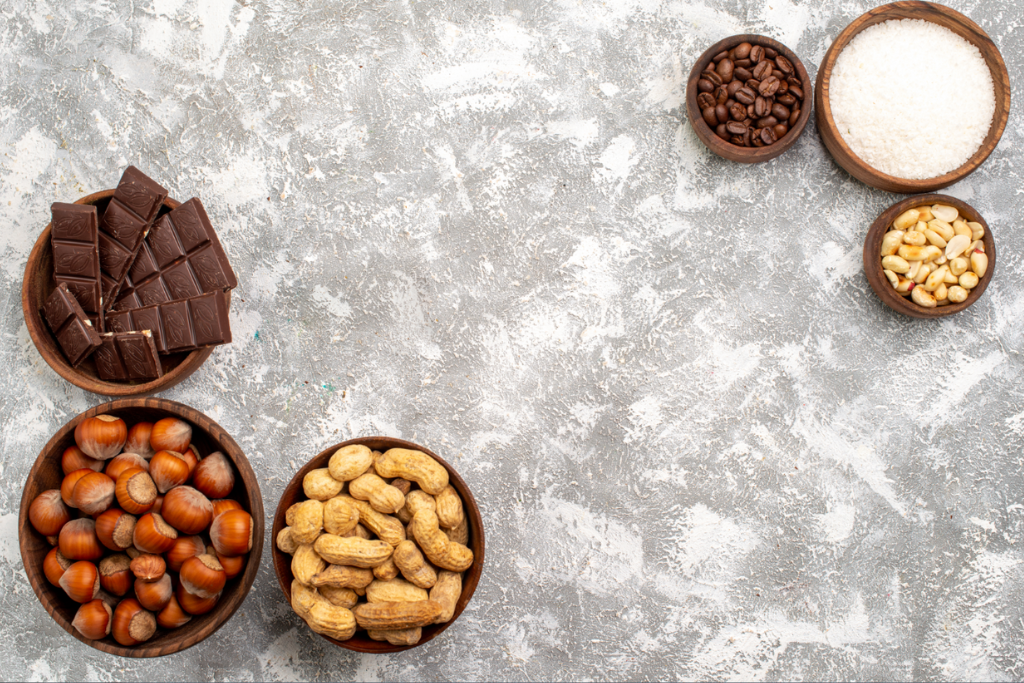- No products in the cart.
Healthy foods that you should not consume in excess
Home » Healthy foods that you should not consume in excess

While certain foods that support heart health have always been advised, we have never been cautioned about the negative consequences of consuming too much of these foods. Everything in moderation is one rule that you must adhere to without exception. For instance, oatmeal is one of these foods that is suggested as a component of every heart-healthy diet. Oats are a very healthy snack, but they are also very calorie-dense, just like fries and cake.
Beans: You're right; beans are heart-healthy. Beans are also one of the main sources of both the protein needed to build muscle and the fibre that helps prevent belly fat, which is a little-known fact. Beans contain a lot of calories, so it's important to watch your portion size when eating them. Bean consumption should be kept to no more than 3/4 to 1 cup daily, or 200 to 250 calories.
Dark Chocolate: Dark chocolate is not only at the top of the list of heart-healthy foods, but it can also help reduce belly fat and enhance digestion. Since more isn't always better when it comes to your intake of dark chocolate, it's crucial to watch your portion size while consuming dark chocolate. Consuming too much dark chocolate makes it more difficult to fall asleep and increases the urge to urinate.
Nuts: Consuming walnuts, almonds, and other fruits as part of a balanced diet can lower cholesterol levels in the body. They also aid in controlling blood sugar levels and prevent hunger. However, since each ounce of any nut contains between 160 and 190 calories, nuts are also substantial sources of calories. The opposite of the effect you were hoping for can occur when nuts are consumed in excess, which can result in weight gain and higher cholesterol levels.
Lutein, which helps to prevent muscle degeneration and encourages a stronger, healthier heart, is abundant in spinach. Oxalate, a substance that leads to kidney stones, is also found in spinach. Therefore, it is advisable to consume spinach along with a citrus fruit since vitamin C is a source of iron that facilitates the body's absorption of spinach's nutrients and prevents the buildup of oxalate.

